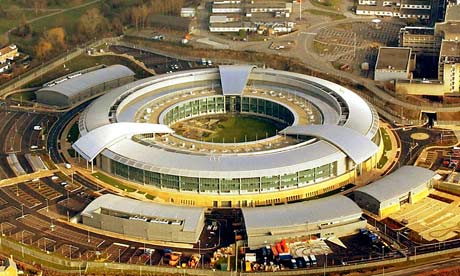If you ask anyone what the worst part of their job is, they are likely to respond with one word: email. Over the weekend, the inventor of this contemporary curse, Ray Tomlinson, died. Tomlinson came up with the idea while developing the Arpanet – the predecessor of today’s internet – in 1971. He and his colleagues were scratching their heads about what to do with their new invention, wherein one application eventually became email. “Don’t tell anyone!” he told a colleague. “This isn’t what we’re supposed to be working on.”

How did email grow from messages between academics to a global epidemic?
Today, email is part of the fabric of our lives. A recent survey of US employees found that they spent 3.2 hours a day dealing with work emails alone. Often the first thing we do in the morning is scan through our emails. Smartphones have made matters much worse. One study that tracked the introduction of BlackBerrys a decade ago found employees would compulsively monitor the device, often waking up in the middle of the night to check emails. When the researchers asked people why they did this, they said they wanted to appear professional and didn’t want to miss anything. A decade later, we check our smartphones on average 221 times a day.
Email is a huge source of distraction at work. One study found that when people check their email, it takes them an average of 64 seconds to switch their attention back to their original task. Workers in the study were distracted this way an average of 96 times a day. This means they spent more than 100 minutes every day being distracted by emails. Another study recorded even more disturbing results. After observing employees closely over a two-week period, it found that after checking their emails, people would do on average 2.3 other tasks before getting back to the activity they were originally working on.
This distractive quality of emails is worrying. Our ability to focus on a task not only determines whether we get things done at work, but also helps to influence whether we feel good about what we do. A recent study by researchers at Harvard Business School asked hundreds of people what they did at work, and whether they felt they had a good day. They found that the days people felt good about their work were those when they had an uninterrupted block of time to make progress on a task that they saw as important. Unsurprisingly, the constant stream of emails is often the biggest interruption to this goal.
Many of the problems we blame on email are not really down to the inbox
Some people have suggested that you can avoid feeling overwhelmed by email with the help of a few small changes. A typical piece of advice is to only check your emails a few times a day and turn off notifications. Unfortunately, some studies suggest email management techniques don’t decrease stress. If you get a lot of emails, then you are likely to be stressed out by the sight of a bulging inbox no matter how you manage it.
It might be easy to think if we got rid of emails, our workplaces would be much happier. Some firms stop you logging into your emails after hours. Others have started deleting emails that are sent while someone is on holiday. Although dreams of an email-free workplace might seem appealing, the reality would be unlikely to create miracles. Many of the problems we blame on email are not really down to the inbox. They are actually the result of the increasingly fragmented, highly pressured and insecure patterns of work.
A recent study by researchers at Stanford found that people who spend more time working on emails were in fact not always more overloaded and stressed. Instead, people confused emails with other work issues. They saw email as a source of stress, but they did not consider other more important issues in their working lives, such as long hours or a stressful company culture. This had a dangerous consequence. A few “productivity hacks” were seen as magic keys to reducing overload, but the reality is that only changing wider working practices would help.


